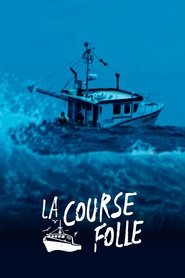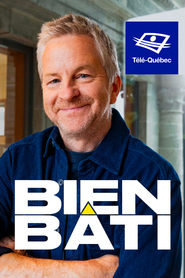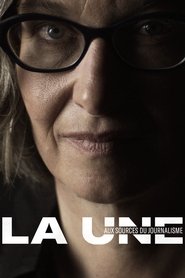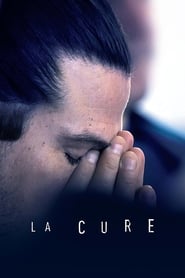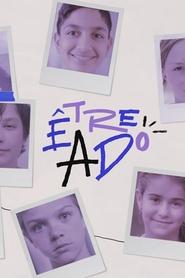T Eacute L Eacute Qu Eacute Bec TV Series - Page 5
-
Version Rosalie
2021
Version Rosalie
2021
-
Kilomètre zéro
2008
Kilomètre zéro
2008
-
Fièvre politique
2016
Fièvre politique
2016
-
La course folle
2020
La course folle
2020
-
Droit de parole
0000
Droit de parole
0000
-
Bien bâti
2024
Bien bâti
2024
Across Quebec, André Robitaille meets with individuals, organizations, and businesses that have embarked on renovations or restorations of unique historic buildings. Whether by vocation, business, or because fate has thrown an ambitious project their way, the people who have taken charge of these unforgettable places share their stories with passion. Through their experience, the show offers an open door to a host of fascinating heritage sites, where we understand that built heritage is more alive than ever. -
La soirée Mammouth
2017
La soirée Mammouth
2017
MAMMOUTH celebrates projects, actions, standpoints that are meaningful, that make you want to act, that you care about. They can be led by musicians, teachers, gamers, sportsmen, scientists, entrepreneurs, YouTubers, comedians or even by a stranger that only you know. -
La classe ouvrière
2016
La classe ouvrière
2016
-
Huis clos
2010
Huis clos
2010
-
di Stasio
2002
di Stasio
2002
-
L'amour au temps du numérique
2015
Thanks to the smartphone, we are witnessing one of the biggest revolutions ever in the world of romantic relationships. -
La Une
2021
La Une
2021
An observation series that takes us into the world of journalism. Observe as journalists as they put body and soul into their quest for truth and justice. -
Art sous enquête
2011
Art sous enquête
2011
-
La cure
2018
La cure
2018
-
Entrelacés
2021
Entrelacés
2021
-
Être ado
2024
Être ado
2024
-
Faut en parler
2016
Faut en parler
2016



